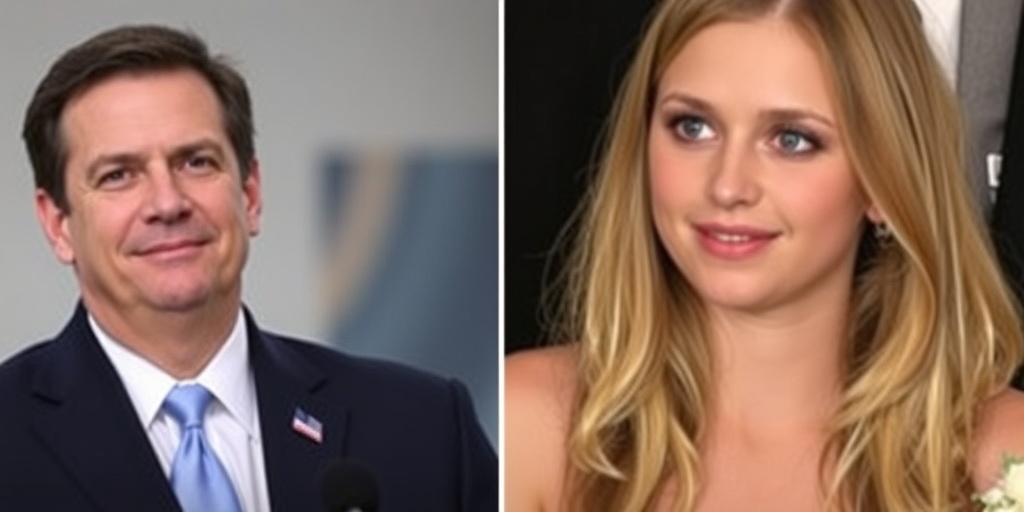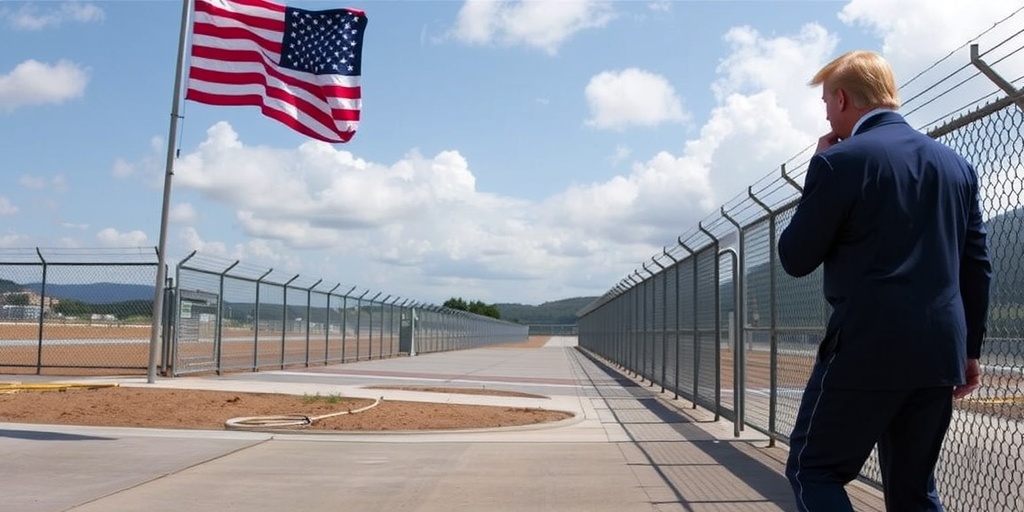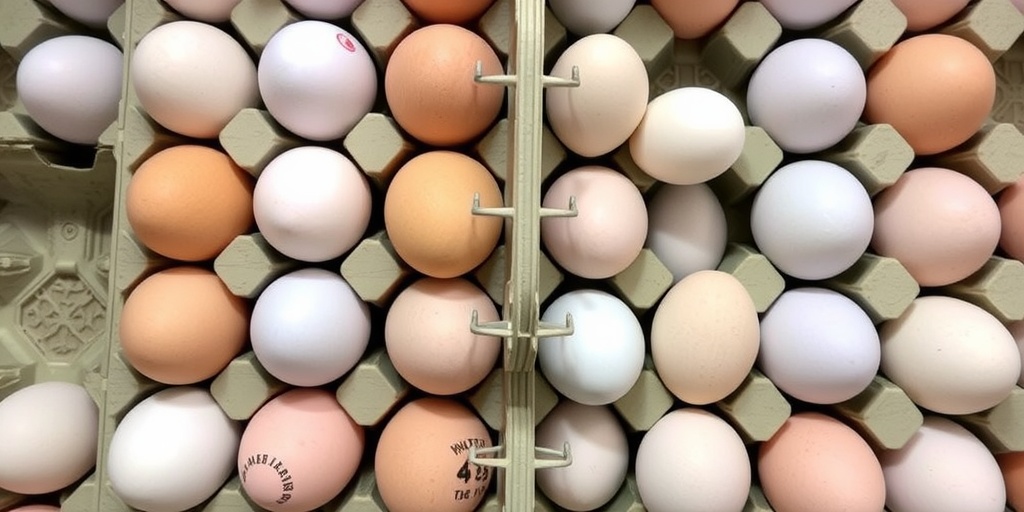Now Reading: Rubio: Russia Releases Detained American Ksenia Karelina
-
01
Rubio: Russia Releases Detained American Ksenia Karelina
Rubio: Russia Releases Detained American Ksenia Karelina

Prisoner Exchange Between the U.S. and Russia: Ksenia Karelina Released After Treason Conviction
In a significant development in U.S.-Russia relations, an American citizen, Ksenia Karelina, has been released from Russian custody following a prisoner swap, as announced by officials from both countries on Thursday. This event comes amid ongoing diplomatic discussions aimed at mending strained relations between the two nations.
Karelina, a dual citizen of the United States and Russia, had been serving a 12-year prison sentence in Russia after being convicted of treason for making a modest donation of approximately $50 to a nonprofit organization that provides aid to Ukraine. The case has drawn considerable attention and raised concerns about the Kremlin’s approach to detaining U.S. citizens.
Secretary of State Marco Rubio confirmed the release, stating that Ms. Karelina, 33, was “on a plane back home to the United States.” He characterized her detention as wrongful, emphasizing the diplomatic efforts led by President Trump, who played a crucial role in securing her release.
According to Russia’s intelligence agency, Ms. Karelina’s freedom came as a result of a presidential pardon, exchanged for Artur Petrov, a dual citizen of Russia and Germany, who was facing charges in the United States related to export control violations. This exchange illustrates a willingness from both Moscow and Washington to engage in meaningful diplomacy despite ongoing tensions, particularly concerning the conflict in Ukraine.
The timing of the prisoner exchange coincided with talks between U.S. and Russian diplomats held in Turkey. These discussions focused on practical measures to bolster relations, including the possibility of resuming direct flights and adjusting staffing levels at diplomatic missions in both countries.
The Central Intelligence Agency (C.I.A.) played a pivotal role in facilitating the negotiation of this exchange, working alongside other international partners, including the United Arab Emirates. In a statement, C.I.A. Director John Ratcliffe underscored the importance of maintaining open lines of communication with Russia, despite the complexities of current geopolitical challenges. He expressed pride in the agency’s officers who diligently worked to support the effort to bring Ms. Karelina home.
While Thursday’s exchange marks a notable moment, it remains uncertain whether it will lead to further diplomatic breakthroughs between the U.S. and Russia. Several significant issues, including the return of diplomatic property and the future of sanctions, remain unresolved, potentially stalling future negotiations.
Ms. Karelina’s case was part of a broader context in which American citizens have been detained in Russia, raising fears of them being used as leverage in negotiations for the release of Russians held in the West. The previous Biden administration had already seen high-profile prisoner swaps involving Americans like basketball player Brittney Griner and journalist Evan Gershkovich.
In February, Russia had agreed to the release of Marc Fogel, an American teacher imprisoned over drug charges, after the Biden administration classified him as wrongfully detained. This was part of a reciprocal arrangement that saw the U.S. agree to release Alexander Vinnik, a Russian convicted for money laundering, demonstrating ongoing attempts to engage in diplomacy despite the backdrop of war in Ukraine.
However, many Americans still remain imprisoned in Russia, including Stephen Hubbard, a schoolteacher captured in Ukraine, whose release the U.S. government is actively pursuing. The importance of such prisoner exchanges underscores the complexities of U.S.-Russia relations, often influenced by broader geopolitical strategies.
The recent swap took place at the airport in Abu Dhabi, with the mediation of Emirati authorities. A photograph released by the Emirati foreign ministry showed a smiling Ms. Karelina on the tarmac, reflecting the emotional moment of her release.
Her fiancé, Chris van Heerden, expressed overwhelming joy at the news of her release, thanking President Trump and U.S. officials for their efforts. Ms. Karelina, who resides in Los Angeles, was arrested while visiting her grandparents in Yekaterinburg, Russia, a substantial distance from Moscow.
The charges against her centered on a small donation to Razom for Ukraine, a nonprofit organization providing humanitarian assistance to the beleaguered country. This situation has raised alarms regarding the treatment and detainment of U.S. citizens in Russia, sparking debates around human rights and the role of foreign policy.
As both nations continue to navigate their intricate relationship, the conclusion of this prisoner swap serves as a moment of optimism amid ongoing tensions, with potential implications for future diplomatic engagements. Nevertheless, the challenges ahead remain substantial, as both sides grapple with unresolved issues amidst a backdrop of international complexities.
Stay Informed With the Latest & Most Important News
Previous Post
Next Post
Previous Post
Next Post
-
 01New technology breakthrough has everyone talking right now
01New technology breakthrough has everyone talking right now -
 02Unbelievable life hack everyone needs to try today
02Unbelievable life hack everyone needs to try today -
 03Fascinating discovery found buried deep beneath the ocean
03Fascinating discovery found buried deep beneath the ocean -
 04Man invents genius device that solves everyday problems
04Man invents genius device that solves everyday problems -
 05Shocking discovery that changes what we know forever
05Shocking discovery that changes what we know forever -
 06Internet goes wild over celebrity’s unexpected fashion choice
06Internet goes wild over celebrity’s unexpected fashion choice -
 07Rare animal sighting stuns scientists and wildlife lovers
07Rare animal sighting stuns scientists and wildlife lovers





















